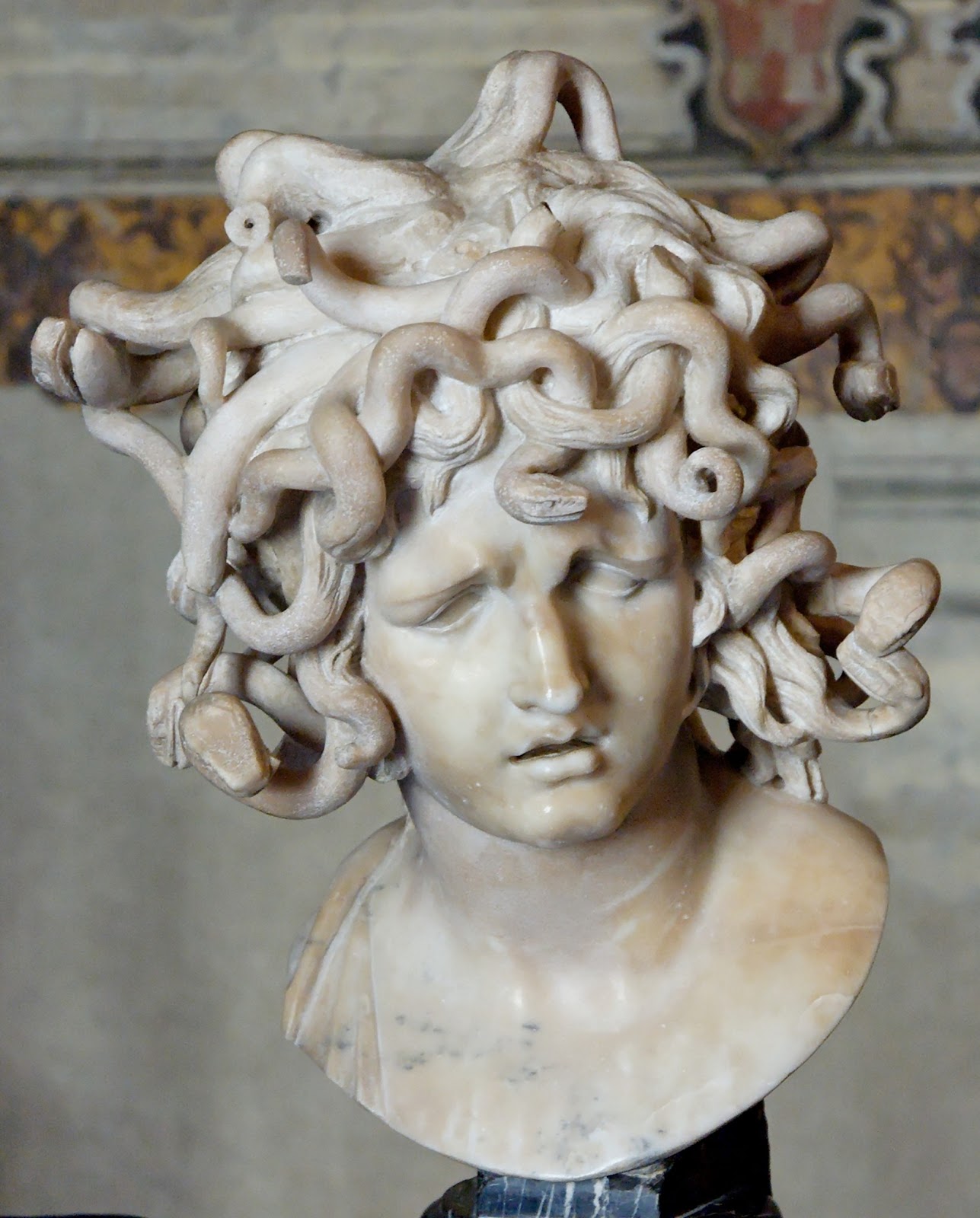Medusa, a figure steeped in mythology, has captured the imagination of countless generations. Known as one of the three Gorgon sisters, her story is one marked by beauty, transformation, and tragedy. The Medusa the Greek photos reveal not just her appearance, but also the intricate tales woven around her character in ancient times. These images serve as a bridge connecting us to the rich tapestry of Greek mythology, allowing us to delve into the life and legacy of this captivating figure.
From being a beautiful maiden to a fearsome creature capable of turning men to stone with her gaze, Medusa's journey is as multifaceted as the art that depicts her. The Medusa the Greek photos often offer varying interpretations of her character, ranging from terror to sympathy. As we examine these representations, we begin to understand how societal perceptions of beauty and monstrosity can evolve over time, reflecting cultural values and fears.
In this article, we will explore the origins of Medusa's myth, her significance in art and literature, and how various photos and artistic renditions have shaped our understanding of her character. We will also address common questions about Medusa and her portrayal in contemporary culture. So, let's embark on this fascinating journey through the lens of "Medusa the Greek photos."
Who is Medusa in Greek Mythology?
Medusa is one of the most famous figures in Greek mythology, often depicted as a monster with snakes for hair. She was originally a beautiful maiden, one of the three Gorgon sisters. According to legend, Medusa was transformed into a hideous creature by Athena, the goddess of wisdom and war, after Poseidon violated her in Athena's temple. This transformation came with a curse: anyone who looked directly at Medusa would be turned to stone.
What are the Origins of Medusa's Myth?
The myth of Medusa has its roots in ancient Greek culture and is mentioned in various literary sources, including the works of Ovid and Hesiod. Over time, her story has evolved, and she has been depicted in various forms of art, from classical sculptures to modern interpretations. Medusa's tale serves as a cautionary story about the consequences of beauty, desire, and jealousy, themes that resonate through the ages.
How Has Medusa Been Portrayed in Art?
Artistic representations of Medusa have varied significantly throughout history. Below are some notable portrayals:
- Classical Sculpture: Many ancient sculptures depict Medusa's head, often used as a protective amulet.
- Renaissance Artwork: Artists like Caravaggio and Leonardo da Vinci reimagined her as a tragic figure.
- Modern Interpretations: Contemporary artists often explore themes of feminism and empowerment through Medusa's character.
What Do Medusa the Greek Photos Reveal About Her Character?
The Medusa the Greek photos capture a range of emotions and themes, illustrating the duality of her character. While some images emphasize her monstrous qualities, others depict her as a victim of circumstance. This complexity is what makes Medusa an enduring subject in art and literature.
Can Medusa Be Viewed as a Symbol of Empowerment?
In recent years, there has been a shift in how Medusa is perceived. Many modern interpretations view her as a symbol of empowerment, representing the struggle against victimization and societal expectations. This perspective encourages a re-examination of her story, transforming her from a mere monster into a powerful figure of resilience.
Are There Famous Photos of Medusa in Popular Culture?
Medusa has made her mark in popular culture, appearing in films, television shows, and fashion. Some notable examples include:
- Clash of the Titans: Medusa was portrayed as a formidable adversary in this classic film.
- Percy Jackson Series: Medusa appears as a significant character in this popular book and film franchise.
- Fashion and Art: Many fashion designers have drawn inspiration from Medusa, incorporating her imagery into their collections.
What Can We Learn from Medusa's Story?
Medusa's narrative offers important lessons about beauty, power, and the consequences of actions. It challenges us to reflect on how we define monstrosity and victimhood, reminding us that appearances can be deceiving. The Medusa the Greek photos not only document her visual representation but also invite us to explore deeper meanings behind her story.
How Do Different Cultures Interpret Medusa?
Medusa's story has transcended Greek mythology and influenced various cultures around the world. Different societies have interpreted her character in diverse ways:
- Feminist Readings: Many feminist scholars view Medusa as a representation of women's rage and empowerment.
- Psychological Analysis: Some interpretations focus on the psychological aspects of her transformation and the concept of the "feminine monster."
- Global Mythology: Similar figures to Medusa can be found in various mythologies, each carrying unique cultural significance.
Conclusion: The Enduring Legacy of Medusa
The enigma of Medusa continues to captivate audiences, and the Medusa the Greek photos serve as a testament to her lasting impact on art, culture, and literature. As we explore her story, we uncover layers of meaning that resonate across time, reminding us of the complexities of beauty, power, and identity.


